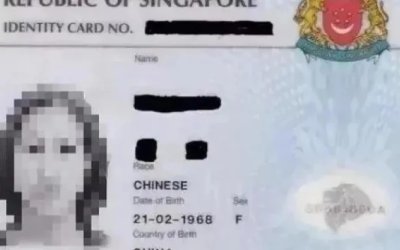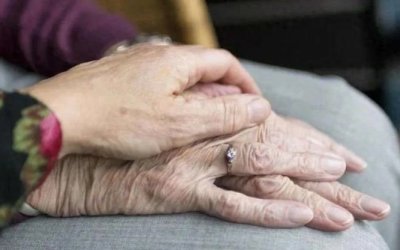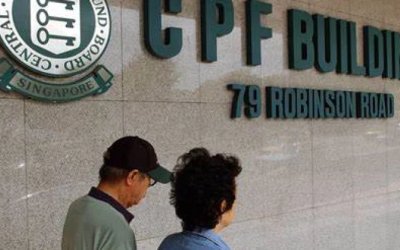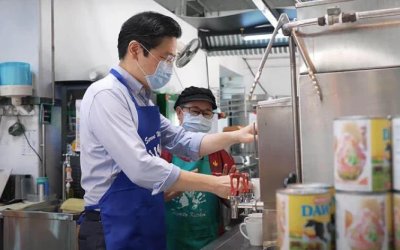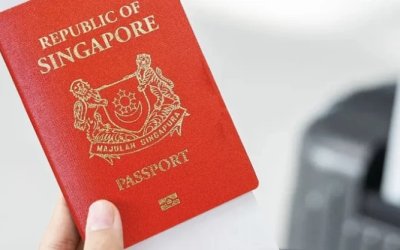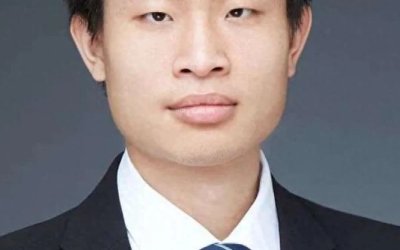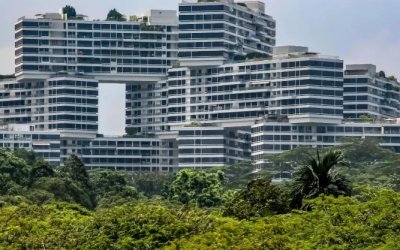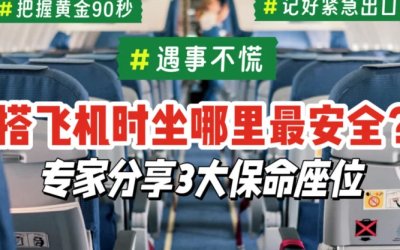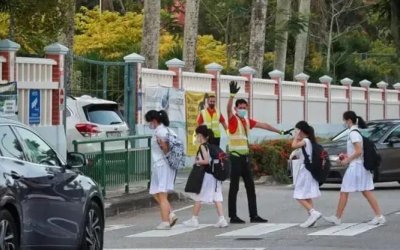We have also launched a new self-help tool, Our Marriage Journey Quiz, last month, to help couples assess their relationship well-being akin to physical health checks.
Mr Melvin Yong and Ms Ng Ling Ling referred to the collective effort by everyone in society to build a Singapore Made for Families. I agree. That is why the Council is also looking to work with employers, who play a crucial role in fostering a family-friendly environment, to offer marriage and parenting resources or talks at their workplaces. Community partners and volunteers are equally critical in supporting our mission to build strong families.
It is wonderful to see the FFL movement growing steadily. Last year, over 150 corporate and community partners, such as CapitaLand Malls and Singapore Heart Foundation, alongside 400 volunteers, came together to support the National Family Week.
We will continue to grow this movement. From this year, the FFL Council will expand the event to a month-long National Family Festival. I encourage all families to make use of the FFL resources and participate in the National Family Festival, which will start from 25 May, when the school holidays begin. We look forward, too, to collaborating with more partners to offer families an engaging experience.
With the effort of many, we build a Singapore Made for Families.
Mr Melvin Yong asked how we can foster a society where no one is left behind. Our goal is for every Singaporean family to be a strong and stable family. This includes lower-income families.
Lower-income families often face additional challenges, as Ms Denise Phua observed. Social assistance alone may not be enough. For example, families may have to stretch their limited finances to meet different needs while also balancing their work, caregiving and rest. This can lead to "bandwidth tax", where families are focused on the day-to-day and not be able to plan for the long-term. Beyond providing social assistance, we want to partner families as they work towards their aspirations and reinforce their strengths to build better lives for themselves and their children. In other words, we want to move beyond assistance to empowerment.
That is why we introduced ComLink+ as part of ForwardSG. ComLink+ families now have a dedicated family coach who coaches, motivates and journeys with them as they work towards their longer-term goals. Ms Denise Phua will be pleased to hear that of the approximately 10,000 ComLink+ families that have agreed to work with us, 97% are receiving family coach support as at end-2023. This includes families supported by Family Service Centres (FSCs), whose case workers perform the family coach function.
As families take active steps towards their goals, they can receive financial top-ups from ComLink+ Progress Packages to multiply the impact of their efforts and help them better focus on achieving their goals. Senior Parliamentary Secretary Eric Chua will elaborate.
These enhancements to ComLink+ and partnerships with FSCs show how we place family-centricity at the heart of everything we do. As Mr Melvin Yong observed, besides lower-income families, FSCs also serve other families. Like GP clinics providing healthcare in the community, FSCs are community-based agencies that provide casework expertise to support families with social and emotional needs. For over 30 years, FSCs have evolved their practice to serve changing needs of clients to help them achieve the "3Ses" – Self-reliance, Stability and Social mobility.
Today, the landscape of family services has grown and FSCs work alongside many other agencies to support families. A family with complex needs, apart from receiving support from an FSC, may also receive support from other social service agencies (SSAs) for domestic violence, family counselling or youth programmes for their children. While SSAs put in effort to coordinate with one another, the family may still find it tedious to interface with multiple partners. Another concern is that we may not always be addressing the underlying issues, as each partner is focused on tackling the issue at hand.
In the next decade, we will also face more demographic challenges. We will become a super-aged society and household structures may change.
But as our society changes, there are opportunities for us to adapt to meet the emerging needs and support families in an even more coordinated manner. Our vision is for families in need to receive support through a single primary touchpoint for family services, who can address the needs of different family members in a holistic and more coordinated manner to achieve better outcomes for the entire family.
I am pleased to announce that MSF will be establishing a review committee on the Family Services Landscape. In line with the spirit of Forward SG, we will engage and co-create the future landscape with the sector. The committee will be chaired by Senior Parliamentary Secretary Eric Chua and will comprise representatives from sector partners. We will share more details when ready.
Mr Chairman, we have been concerted in our efforts to support lower-income families towards achieving social mobility. A key aspect of our strategy to sustain social mobility in Singapore is to uplift children and for all children to have a good start in life regardless of their background.
While preschool enrolment rates of children from lower-income families have increased, these remain lower than the national average. About eight in 10 children aged three to four from lower-income families are enrolled in preschool, compared to the national average of nine in 10. This could be due to a variety of factors. Parents may have concerns about being able to afford preschool fees, be less aware of the benefits of preschool, or may have to juggle work and family commitments with fewer resources. We will be rolling out several measures to help children from lower-income families reap the benefits of our investments in the early years.
